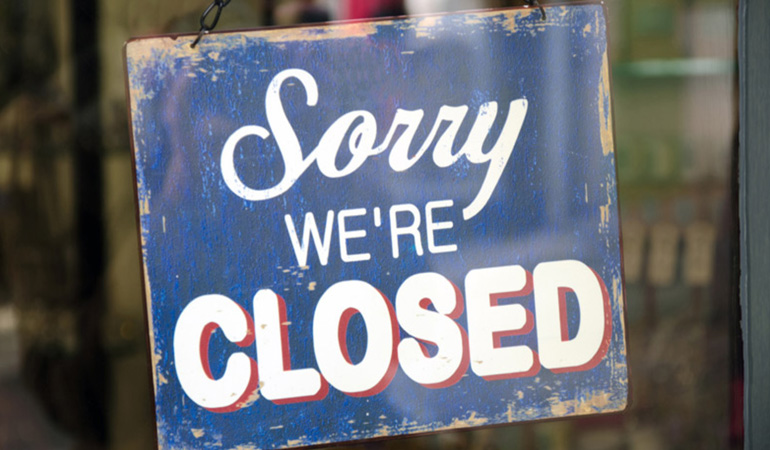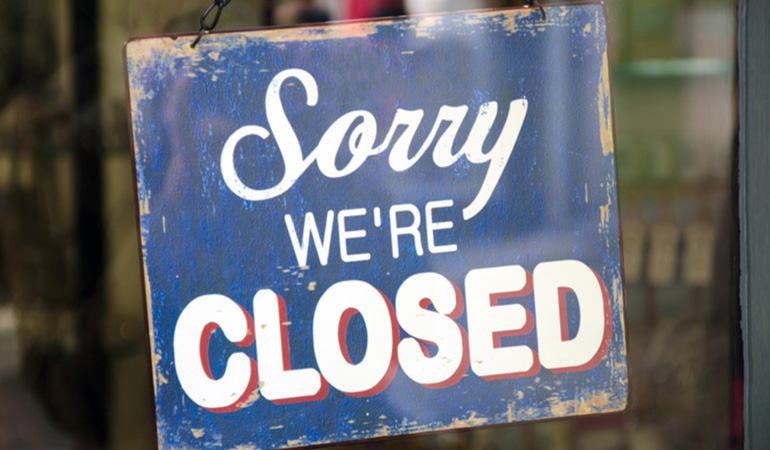Retail head says business will be “crippled”.
Retailers opening their stores on public holidays across the Easter weekend will be forced to bear the brunt of much higher costs, with penalty rates applicable for up to four days in some states, according to the Australian Retailers Association (ARA).
ARA executive director, Russell Zimmerman, said many retailers will not open this Easter long weekend due to prohibitive labour costs associated with public holiday penalty rates of up to two and a half times regular pay. He is concerned that this will place financial pressure on all retail businesses, with small and medium enterprises (SMEs) to be the hardest hit by the additional costs.
The ARA believes retail penalty rates must be addressed to allow business to respond to customer needs, rather than having to fit their allocation of labour to an antiquated system. The ARA is currently engaged in a review of General Retail Industry Award 2010 (GRIA), with the view to reducing costs for retailers, particularly on Sundays, with the independent arbitrator, Fair Work Commission (FWC).
“Consumers are expecting retailers to be open and trading this Easter long weekend where laws allow, and retail businesses will be forced to wear the higher costs as a result,” Zimmerman said.
“With the dawn of online retail and the effects of globalisation, we now live in a 24/7 economy. Australian lifestyles are changing, and it is important to allow physical retailers the scope to be able to keep up with this change and compete effectively against these new challenges to provide consumers with the access and convenience to shopping they expect.
“For most Australians, weekends and public holidays are seen as normal shopping day, making above the norm penalty rates unnecessary.
“Excessive penalty rates not only hurt business owners, but impact on the shopping experience, which is crucial to a retailer’s capacity to compete. Retailers will be forced to operate with a lower number of employees than required, and workers will have to be offered less hours of employment in order for retailers to afford penalty rates over the Easter long weekend.
Penalty rates were introduced in the early 1900s as compensation for employees’ work performed outside ‘normal’ hours, however, in 2016, standard working hours no longer fit the traditional pattern of 9 to 5, Monday to Friday.
“A reduction in penalty rates will have a number of benefits for the community and economy, in addition to cost reductions for retail businesses. Retailers would be able to afford to employ more staff for more hours, which will lead to more money in the pockets of these workers, increasing their spending power and a stronger economy overall.
“With youth unemployment rates increasing at a rapid rate, and retail one of Australia’s largest employers, this change will enable businesses to employ more staff, thereby helping to reduce unemployment levels, particularly in the sector of under 25s.
“Penalty rates should be determined by the FWC within an appropriate regulatory framework, and we look forward to collaborating with the Government to ensure the needs of both retail businesses and their employees are met by any changes that may occur to the payment of penalty rates,” Zimmerman concluded.


